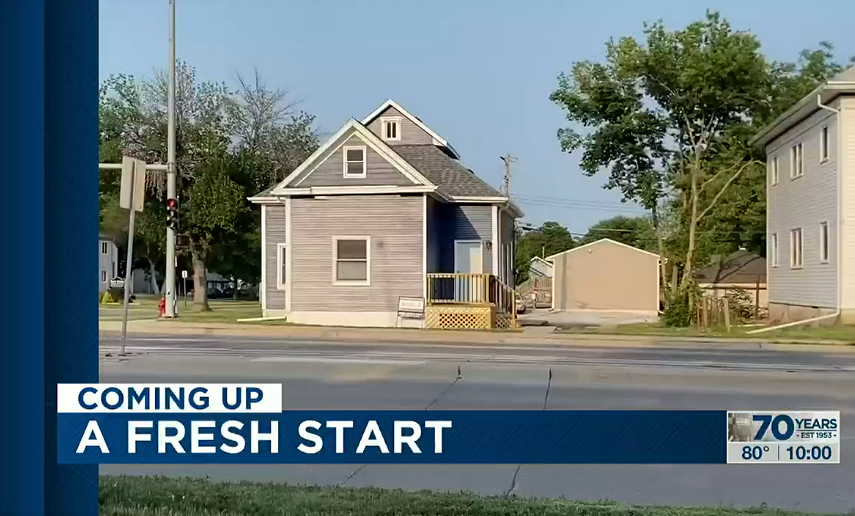Hope Village - Building Second Chances for Formerly Incarcerated
Affordable housing often an obstacle to community reintegration efforts

Affordable housing is crucial to those who have been incarcerated for their successful reintegration back into society. Bridges to Hope, a non-profit organization in Lincoln, Nebraska dedicated to improving the quality of life and increase the potential of Nebraska’s formerly incarcerated, is addressing this obstacle by developing a tiny home village that will provide permanent supportive housing for a total of 20 individuals and/or small families.
These homes will range in size between 250-500 square feet, and each will have its own sleeping area, kitchenette, and bathroom with shower. Having their own individual home differs from communal living solutions by giving each person a feeling of worth, therefore a great buy-in to their community village.
This village will be a self-managed community of cost-effective tiny homes for people being released from incarceration or moving out of transitional housing. This will not only provide them with a place to live but also a place where peer support specialists will be working with them on their successful reintegration back into society. The tiny home village model provides a collaborative, community-based approach to building and sustaining permanently affordable places to call home. It's an innovative form of permanent supportive housing that ensures long-term affordability, eases displacement pressures, builds community wealth, and reduces the cost and environmental footprint of housing.
Bridges to Hope retains ownership of the underlying land, while residents manage the housing and improvements on the land. The result is a pathway to sustainable housing for people reentering society after incarceration.
Watch a news feature, "Tiny home village slated for Lincoln aims to help formerly incarcerated" featured on a recent KOLN Lincoln broadcast.










